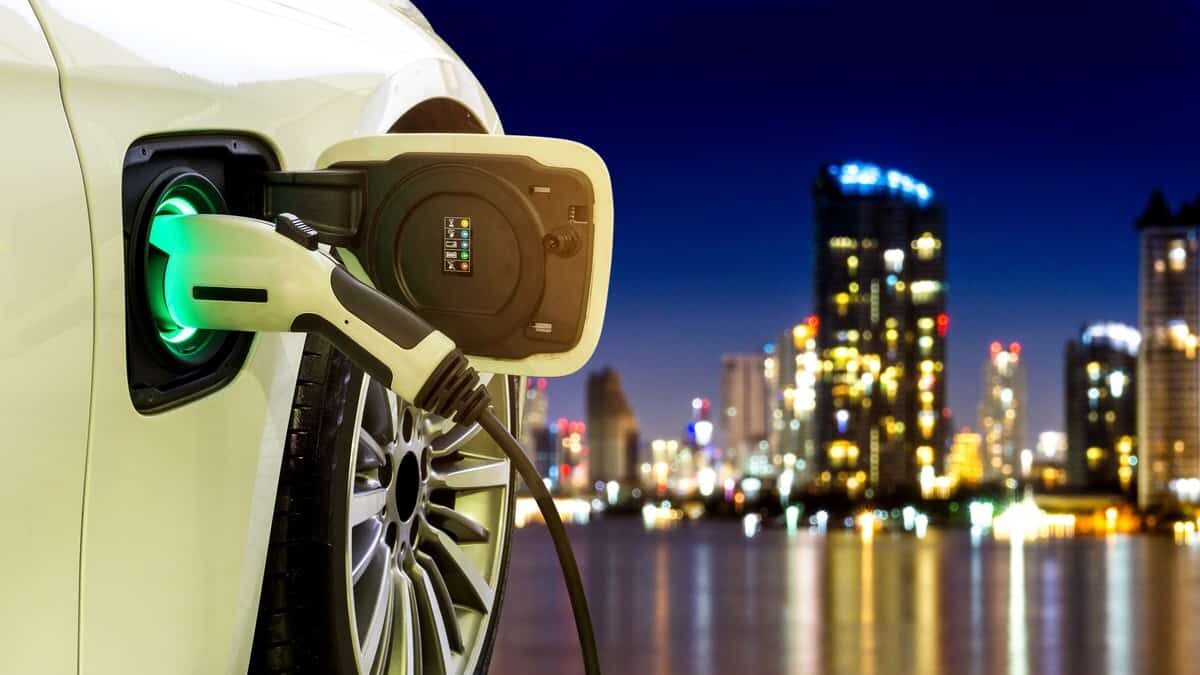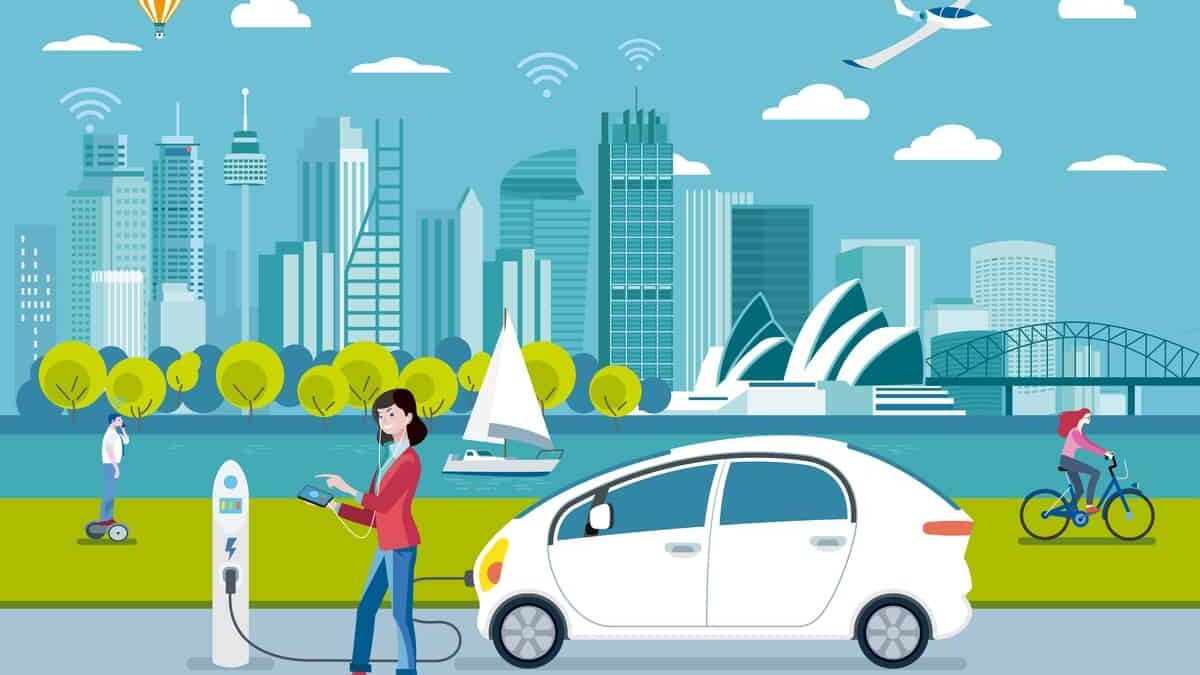Electric vehicles are essential to transitioning to a carbon-free future and ensuring that the transportation sector can reduce CO2 emissions.
Countries have slowly exercised EV adoption by setting up mandates and providing incentives to lessen the upfront cost of EV purchases.
While they are a great alternative to gasoline-powered cars, global sales have been a little slow. However, it doesn’t mean it’s not increasing, as 4.3 million BEVs and PHEVs were sold globally in the first half of 2022.
These emissions-free vehicles are seen as the future of transportation, yet despite their potential to help the world decarbonize, global sales have needed to be faster to gather momentum.
BEV sales increased by 75% while PHEVs with 37%. More growth is predicted for the remaining 2022, and sales are anticipated to rise by 57% to 10.6 million.
As policymakers set up dates to halt petrol and diesel car production, the world moves to stricter emission targets.
A recent RAC survey in the UK shows that 14% of drivers plan for their next car to be electric, up from 10% last year. However, the number of drivers expecting to get an EV in five years dropped from 17% to 15% over the same period.
So, what is really holding back electric vehicle sales?
According to the World Economic Forum, there are three main reasons why people are hesitant to switch from a petrol car to an electric one.
Higher upfront costs of electric vehicles
While EVs are often less expensive to own due to less maintenance and no fuel costs, they are also more expensive to buy upfront than their gas-powered alternative.
The cost of EV charging depends on when, where, and how it is done. EV owners with charging facilities at home can take advantage of cheaper electricity rates, especially during off-peak hours.
Costs increase significantly when drivers are using public chargers. Rapid or ultra-rapid chargers can push per-mile prices close to or above the running costs for fossil fuel cars. Russia’s invasion of Ukraine has also pushed energy markets into turmoil, causing an increase in electricity costs, although pump prices for oil and diesel have also spiked.
However, the cost of purchasing an EV can also be a hindrance, especially with high inflation rates and rising interest rates adding up the cost of borrowing to buy a new car.
EV costs vary from region to region, and each country has incentives, subsidies, and taxes in place. But in all parts of the world, new EVs are more expensive than their petrol equivalents, a study by the Nickel Institute found.
Limited access to charging infrastructure
A lack of public charging infrastructure is the main obstacle to adopting EVs globally, according to a recent study by professional services company EY.
As the chart presents, more than a third of survey respondents cited insufficient access to city charging points as the primary reason for not shifting to an EV. This overthrows concerns about high EV prices, the previously leading barrier to EV adoption.
While home charging is an option for people with garages or parking spots, people without on-site parking must depend on public or workplace charging facilities, which are distributed unevenly and could be expensive.
In addition, the UK RAC survey found around a third of UK drivers do not have any way of charging an EV at home.
Most electric vehicle owners do charge their vehicles at home or their workplaces. Access to available public charging points increased by 40% in 2021. Globally, there were around 1.8 million available last year, including approximately 600,000 fast-charging points.
Concerns about EV range
Range anxiety – concerns about the distance an EV can travel on a single charge – is another primary issue to EV adoption.
Around a third of drivers worldwide stated they are worried about long-distance driving in electric-powered cars, according to the EY survey.
An EV’s range depends on its battery capacity and motor efficiency. Still, it can also be influenced by factors such as driving speed, the weather, and whether it’s on city roads or an open highway.
Compared to the distance an internal combustion engine (ICE) vehicle could go on a full tank, EVs are a few steps back.
Battery technology advancements have pushed the average EV range more than double in the last decade, from 138km (86 miles) in 2011 to 349km (217 miles) in 2021. This can barely compete with 665km of an average fossil-fueled car’s range in the US.
The road forward
Battery technology is increasingly crucial in decarbonizing transport and other parts of the energy transition.
The World Economic Forum has brought together 42 manufacturers, raw materials producers, and other organizations as part of the Global Battery Alliance, which aims to establish guiding principles for a sustainable battery supply chain by 2030.
Efforts to establish a sustainable battery industry could lower the greenhouse gas emissions of batteries by the end of the decade.
“Success rests on establishing concerted, targeted and bold public-private sector collaboration,” according to the Alliance.






